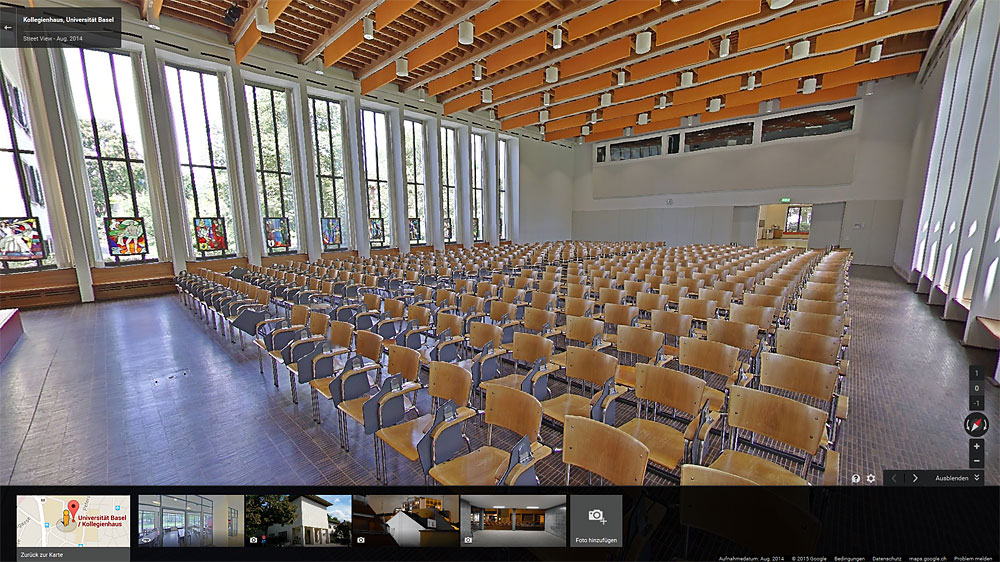The Biozentrum is mourning the death of Gottfried Schatz, Professor emeritus of Biochemistry at the University of Basel.
Exploring Possible Futures and From Ink to Sound: anyone interested in participating in the first two online courses offered by the University of Basel can register on the FutureLearn platform.
As of today, the Kollegienhaus (main building) can also be visited online: Panoramic pictures on Google Street View now give insights into the campus of the University of Basel.

The infection biologist Petr Broz, Professor at the Biozentrum of the University of Basel, has received one of the highly regarded Career Development Awards from the Human Frontier Science Program (HFSP).
Prof. Michael N. Hall from the Biozentrum of the University of Basel is is one of the laureates of this year’s “Canada Gairdner International Award”. The award recognizes his discovery of the protein kinase TOR (Target of Rapamycin) and its role as a key regulator of cell growth.
Just in time for the spring semester, the University of Basel has updated and redesigned its website and created new guidelines for its image and appearance.
